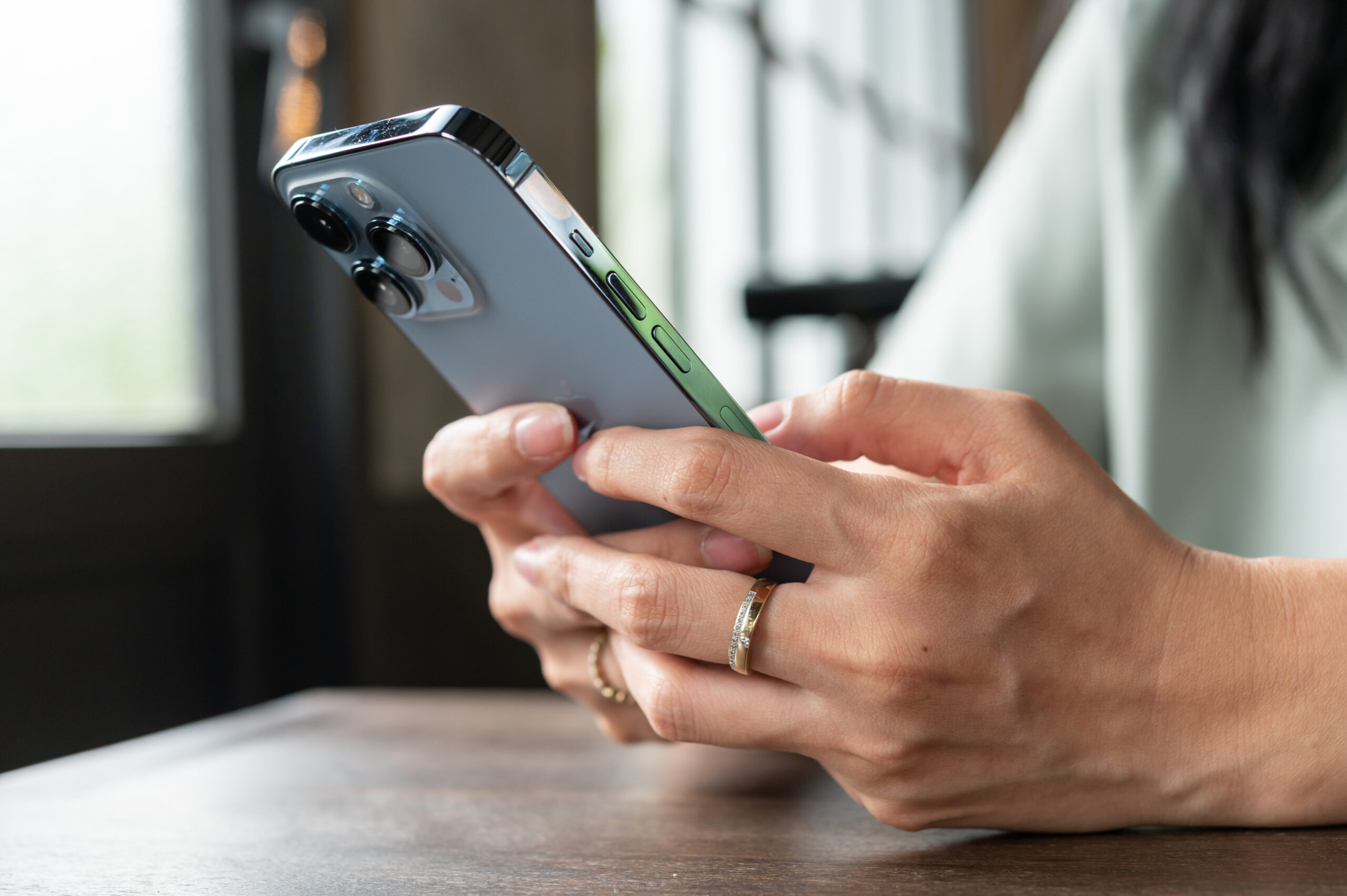Over the years of writing, speaking, facilitating workshops, and working with organizations, my experience is that people comprehend ideas and actions better when they can relate them to something they are already familiar with. Right now, I am finding many people can relate to the contrast between how one treats their phone and how they treat themselves.
Think about how people take care of their phone. For example, I bought a special cover for the display to prevent or reduce cracking. People buy covers for more protection of their phone (like an air bag in a car). These covers are often decorated with everything from glitter to colors to school logos. Some covers even provide extra energy, so the charge lasts longer.
We always know what our phone’s battery charge is. We receive messages alerting us when the battery is getting low. The phone may automatically move to low power mode so the battery doesn’t die before we can get the phone connected to a charger. If you want to view separation anxiety, watch at an airport when a person realizes they don’t have their charging cord. Sweat starts appearing. They anxiously look for a store or even a vending machine to buy a charger and maybe even a quick-charge portable device.
Our phone is never far from us. There are fobs and other trackers so we can quickly find it if it’s not readily handy. Our clothing may even contain special pockets for our phone. At night our phone is usually within an arm’s length away and plugged in. We want to be able to reach it quickly, and we want to make sure it is fully charged for the day ahead. For many, the last thing we look at before going to sleep may not be our human loved one, but our phone. And what do we look at first thing upon waking up? Yep, our phone.
In summary: We take preventive care with our phone, we buy additional protection for it, and we work hard to make sure its battery is charged. We don’t let it get too uncomfortable due to heat or cold. If the battery gets low, we put it in low power mode and/or take time to recharge it. Because we believe the phone is important to our daily lives, we take great care of it.
Now, in comparison, how well do we care for ourselves? Many of us would probably admit that our phone receives better care than we do!
If you have followed my writings and talks, you know I suggest using the, “How charged is your battery?” question in conversation with people, both at work and in your personal life. (Click here to read one of my columns on this subject.) It brings much more specific answers than asking, “How are you?” The connection between how one takes care of their phone and their own self-care seems to resonate with people and creates a healthy self-reflection.
A few tips for treating yourself at least as well as you do your phone:
- Before looking at your phone in the morning, pause and think of items you are grateful for. When you do go to your phone, use it to send a text to friends with your gratitude list. (Click here to learn about my own gratitude text group.)
- In addition to practicing gratitude, prayer and meditation help you stay charged. So do other activities, like hanging out with friends, taking vacations, spending time in nature, and pursuing hobbies that you enjoy. Find ways to recharge regularly.
- Usually at night when a phone is plugged in, it is not as active as during the day. We, too, benefit from plenty of rest. Do what you can to get a good night’s sleep.
- As we keep our phone out of the sun and heat, we need to do the same for ourselves. Dealing with melanoma, I can say from experience: Don’t wait until it’s too late. Protect yourself from the sun.
- We work hard to keep our phones free from viruses and other forms of damage. It’s important to do the same for ourselves. Don’t let outside issues and people who are not healthy enter your life. If they do, hit the clear button. Also, eat healthily and exercise regularly to maximize your odds of staying well and enjoying a long and vibrant life.
- Be kind to yourself. We buy protective cases and handle our phones with great care so they don’t get broken. Likewise, don’t beat yourself up when you make mistakes or fall short of your goals. Treat yourself with the gentleness and grace you deserve.
We don’t expect our phone to last forever. It can be replaced with a new one when it wears out. Our body and mind cannot be replaced. Treating ourselves as well as, or, ideally, even better than, our phone makes sense—and makes a great difference in our life and to the people who love us.







